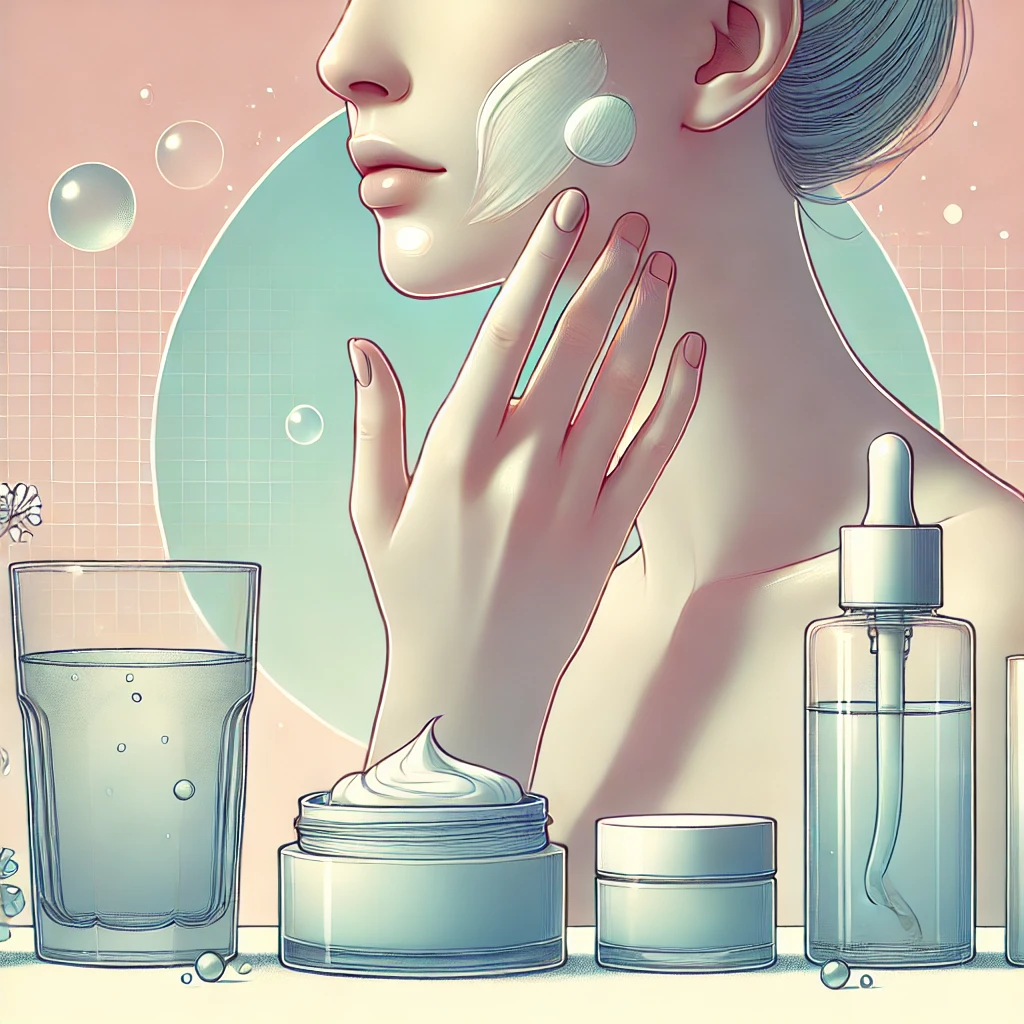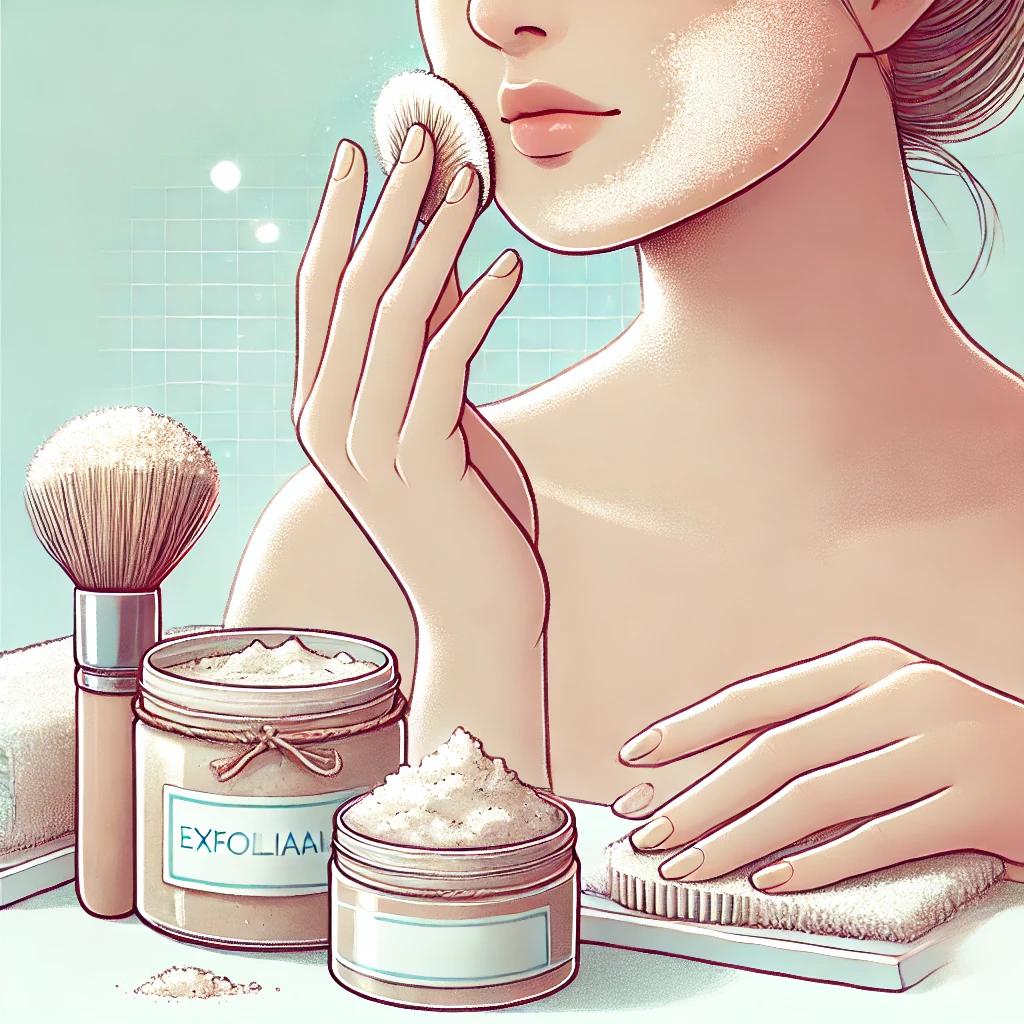1. Cleanse Your Skin

Proper cleansing is the cornerstone of a well-rounded skincare regimen. The process removes dirt, oil, and environmental pollutants that accumulate on the skin's surface throughout the day. To maintain optimal skin health, use a cleanser specifically formulated for your skin type. Gentle, sulfate-free cleansers are ideal for sensitive skin, while foaming cleansers work well for oily or combination skin. Morning cleansing refreshes the skin, while nighttime cleansing ensures the removal of makeup and impurities.
2. Protect with Sunscreen

Daily sunscreen application is a non-negotiable step in any effective skincare routine. Broad-spectrum sunscreens with an SPF of 30 or higher provide protection against UVA and UVB rays, which are responsible for skin aging and sunburn, respectively. Consistent use of sunscreen minimizes the risk of hyperpigmentation, premature wrinkles, and skin cancer. Reapply sunscreen every two hours during extended sun exposure, and don't forget to cover areas like the neck and hands, which are often overlooked.
3. Hydrate and Moisturize

Hydration is essential for maintaining the skin's elasticity and barrier function. Drinking adequate water supports skin hydration from within, while topical moisturizers lock in moisture and prevent transepidermal water loss. Choose moisturizers enriched with humectants like hyaluronic acid for maximum hydration. For individuals with dry skin, emollient-rich creams provide deep nourishment, whereas lightweight, oil-free gels are ideal for oily or acne-prone skin. Incorporating a nighttime moisturizer enhances the skin's natural repair process during sleep.
4. Exfoliate Regularly

Exfoliation is a critical step for removing dead skin cells and promoting cellular turnover, resulting in a brighter and more even complexion. Mechanical exfoliation, using scrubs with fine particles, is effective for normal skin, while chemical exfoliants containing alpha or beta hydroxy acids (AHAs or BHAs) are better suited for sensitive or acne-prone skin. Limit exfoliation to 1-2 times per week to prevent over-exfoliation, which can lead to irritation, redness, and a compromised skin barrier.
5. Maintain a Balanced Diet

Nutrition plays a pivotal role in skin health, as the skin reflects the body's overall well-being. A diet rich in antioxidants, such as vitamins A, C, and E, combats oxidative stress caused by free radicals. Omega-3 fatty acids found in fish and nuts help maintain the skin's lipid barrier, while adequate protein intake supports collagen production. Avoid excessive sugar and processed foods, as they can exacerbate inflammation and lead to premature aging.
